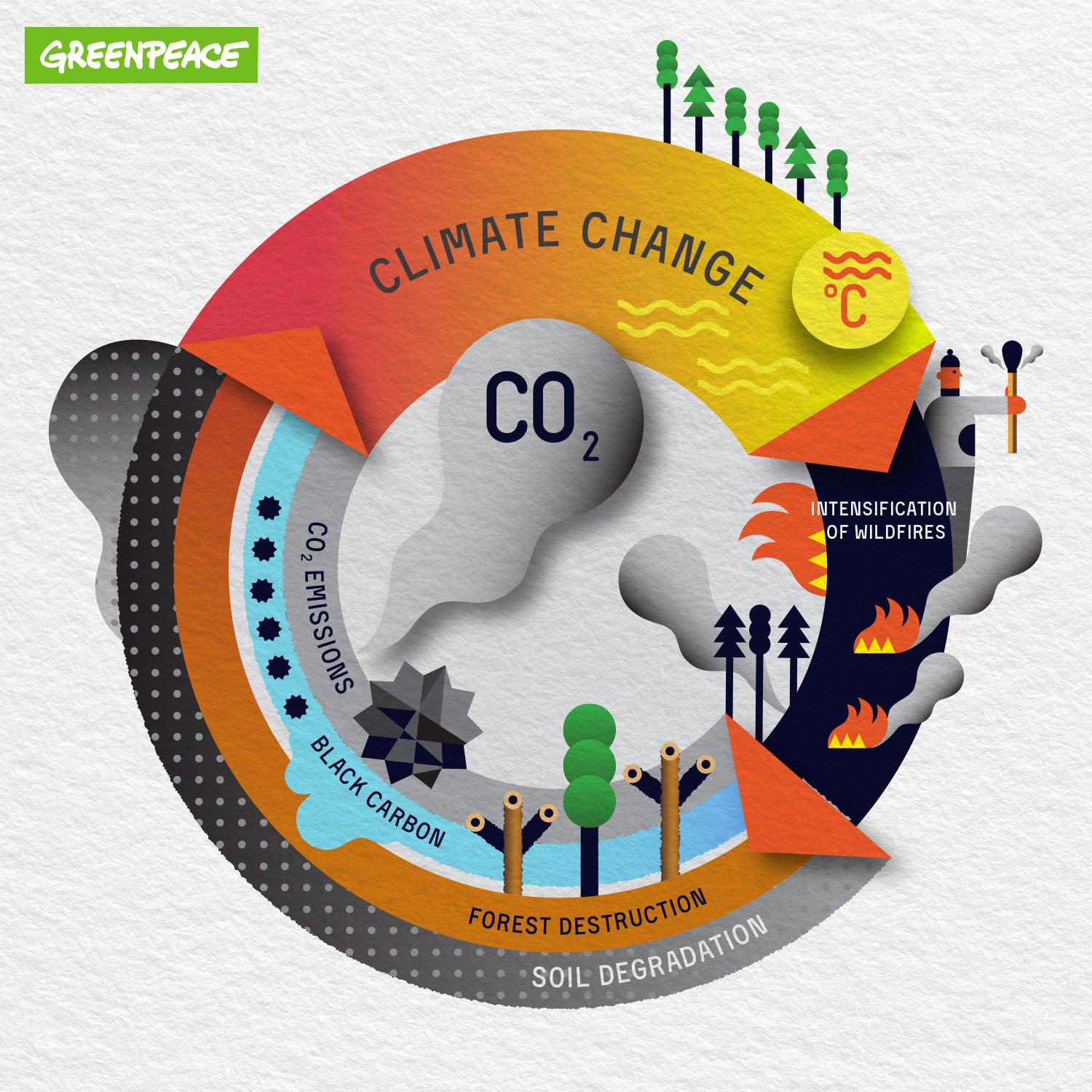The Oceans
- ScienceNerd14

- Aug 20, 2019
- 2 min read
Did you know that the oceans warming leads to deoxygenation? This reduces the amount of oxygen absorbed in the ocean but leads to an increase of sea level rise. The expansion of sea water and continental ice melting leads to an increase of sea level rise, which when combined with ocean acidification, can affect marine life, ecosystems, and the benefits of the oceans that humans can use. The rising temperature of the oceans can threaten food security, increase disease, and cause more extreme weather events. For instance, hurricanes are fueled by warm water, and the rising temperatures of the oceans will fuel them. This can lead to flooding and damage to lots of homes and people. Disease explains itself as dangerous. We need to protect ecosystems and shield humans from the effects of ocean warming by establishing marine protected areas and put in adaptive measures. We also need to decrease overfishing. Overfishing is what the name suggests, fishing to the point it depletes the stock of fish. Since most commercially caught fish are predators, fishing and shark finning is causing a decrease in the amount of predators in the ocean. The removal of predators leads to an increase of carbon dioxide, which as we know, contributes to climate change. The warming of the oceans is clearly an extreme issue, and there are many things that we do that cause them to warm. Let’s protect the oceans, and the animals that live there. We can also try and protect animals in the ocean by limiting plastic use and products that can hurt marine animals. Save the oceans and the life that comes with them, because it will save the Earth and us.
Sources: https://archive.epa.gov/climatechange/kids/impacts/signs/oceans.html
http://theconversation.com/how-overfishing-and-shark-finning-could-increase-the-pace-of-
climate-change-67664 🌍🔥❌ 🌊💦💧🌊✅




Comments